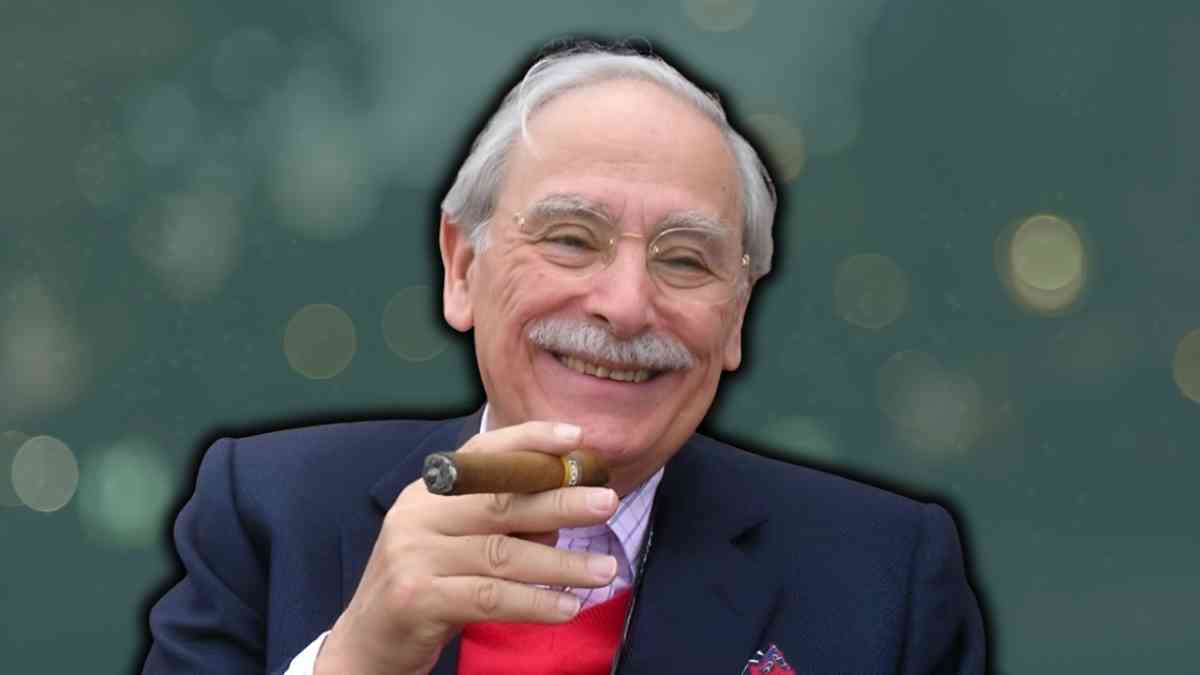Irwin Stelzer: Unveiling the Architect of Modern Regulatory and Economic Strategy

This article offers an in-depth exploration of Irwin Stelzer—a preeminent economist, writer, advisor, and commentator. As a Senior Fellow Emeritus at the Hudson Institute, Stelzer has shaped economic discourse through his foundational work in consultancy, his roles at leading think tanks, his media presence, and his influence on policy. Here, we trace his journey from academia to global influence, explore his key ideas, and assess why his work remains critically relevant today.
Early Years and Academic Foundation
Born on May 22, 1932 in London, Stelzer later relocated to the United States to pursue higher education. He earned both bachelor’s and master’s degrees in economics from New York University before completing a Ph.D. in economics at Cornell University.
Stelzer held teaching appointments at Cornell, University of Connecticut, and New York University, and engaged with Columbia University’s Continuing Legal Education Programs. He was also elected a visiting fellow at Nuffield College, Oxford, giving him strong academic credentials and critical insight into economic regulation.
Pioneering Consultancy: Founding NERA
In 1961, Stelzer co-founded National Economic Research Associates (NERA), establishing himself as a central figure in applied economics, antitrust consultancy, and regulatory evaluation. He served as NERA’s president for more than two decades, guiding its growth into a premier economic consulting firm. The consultancy was acquired by Marsh & McLennan in 1983, but Stelzer’s leadership had already solidified its reputation .
Transitional Roles in Finance and Energy
Post-NERA, Stelzer worked as a managing director at Rothschild Inc., reflecting his versatility between consultancy and finance. He also served as director of the Harvard Kennedy School’s Energy and Environmental Policy Center, reinforcing his engagement with energy and environmental regulation.
Think Tank Influence
He joined the American Enterprise Institute, where he became resident scholar and director of regulatory policy studies, a position he held until 1998. His analysis shaped AEI’s perspectives on how industrial sectors engage with public policy. In 1998, he moved to the Hudson Institute as Senior Fellow, where he continued to influence economic policy debates.
Advisory Roles to Governments and Corporates
Stelzer has advised the U.S. Trade Representative, served on the Regulatory Policy Institute’s board in Oxford, and was a director at Harvard’s Energy and Environmental Policy Center. He also consulted for U.S. and U.K. industries on market strategy, antitrust matters, and regulation. These roles reflect his standing as a trusted advisor across governments, academia, and industry.
Media & Thought Leadership
A prolific writer, Stelzer has written for prominent publications: he is the U.S. economic and business columnist for The Sunday Times (UK), and has contributed to The Guardian, The Daily Telegraph, Standpoint, The Critic, The American Interest, and The Weekly Standard. Within the U.S., he contributes to Hudson Institute commentary and appears on broadcasting platforms such as BBC and C‑SPAN. His media presence amplifies his policy impact.
Core Economic Philosophy
Regulatory Realism
Stelzer champions market-reliant regulation, arguing against bureaucratic overreach. He emphasises potential market distortions and “regulatory capture” that can result from heavy-handed public sector intervention .
Pragmatic Antitrust Oversight
As economics editor for the Antitrust Bulletin and co-author of The Antitrust Laws: A Primer, Stelzer advocates for nuanced antitrust enforcement—balancing market concentration concerns with risk of stifling competition.
Energy & Environmental Market Structures
Through his leadership at Harvard’s energy center and commentary at Hudson, Stelzer has consistently supported market-based reforms in energy and environmental policy over direct government control .
Global Trade & Competitiveness
Advisory roles and commentary on U.S.–China economics, European integration, and post-COVID policy reflect Stelzer’s emphasis on open trade, competitiveness, and strategic economic alignment.
Major Works & Intellectual Contributions
Stelzer’s major publications include:
-
Selected Antitrust Cases: Landmark Decisions and The Antitrust Laws: A Primer, foundational for legal-economic discourse.
-
The Murdoch Method: Notes on Running a Media Empire, analyzing Rupert Murdoch’s business philosophy with first-hand perspective, published in 2018.
-
The Neocon Reader (2004), which explores neoconservative thought from multiple stakeholders.
Additionally, he authored numerous reports and white papers on environmental policy, energy markets, presidential transition plans, and more
Controversies and Public Debate
Stelzer’s relationship with Rupert Murdoch has drawn criticism, especially in the UK. Accusations—such as acting as Murdoch’s intermediary in political maneuvering—surfaced during the 2012 Leveson Inquiry. Stelzer strongly rejected these claims, calling them “crazy” .
His advocacy for market-driven environmental policy and deregulation has also sparked debate, criticized by some as favoring corporate interests over environmental safeguards.
Lasting Impact and Relevance
Now in his nineties, Stelzer remains active both in commentary and institutional influence at the Hudson Institute. His legacy includes:
-
The lasting influence of NERA in shaping regulatory economics.
-
Advisory roles across government and industry, elevating applied economic analysis.
-
A prolific body of writing that spans academia, policy, and popular media.
-
A voice advocating centrist, pragmatic solutions on regulation, trade, energy, and competition.
His career continues to bridge scholarly rigor and real-world policy, making him an enduring reference in contemporary economic debate.
Conclusion
Irwin Stelzer stands as a rare intellectual whose career spans academia, consultancy, media, and policy. From co-founding NERA to advising global leaders and writing influential books, his perspectives on regulation, antitrust, energy, and trade continue to shape discourse in a rapidly evolving global economy. Whether through practical counsel or public commentary, Stelzer’s commitment to balanced, realistic economic policy remains both distinctive and indispensable.



